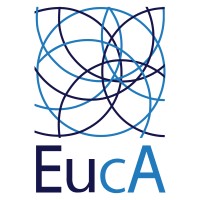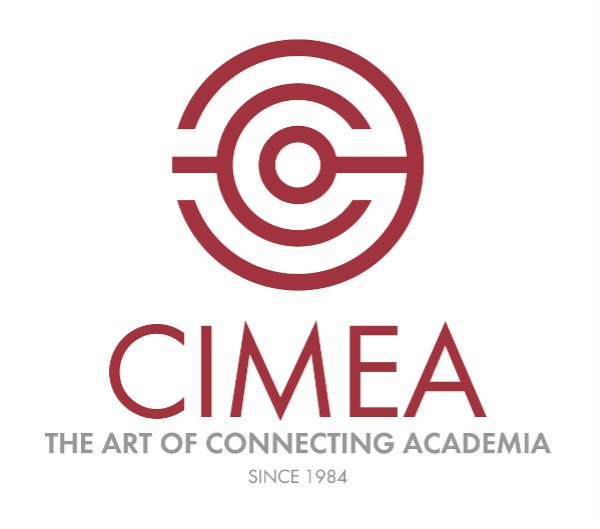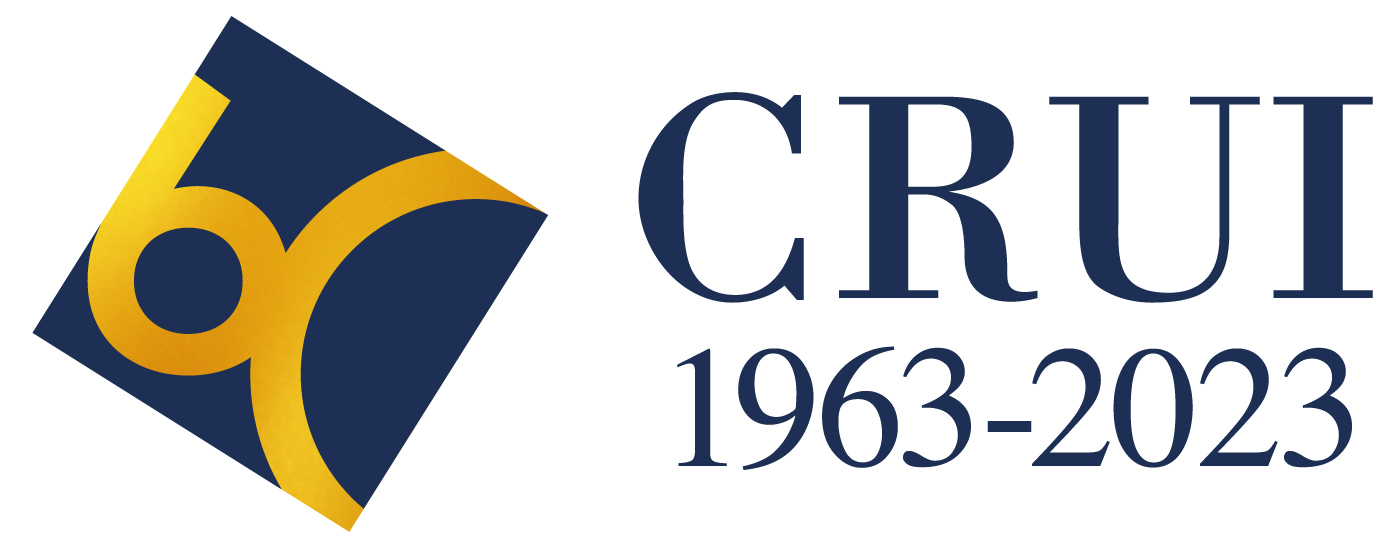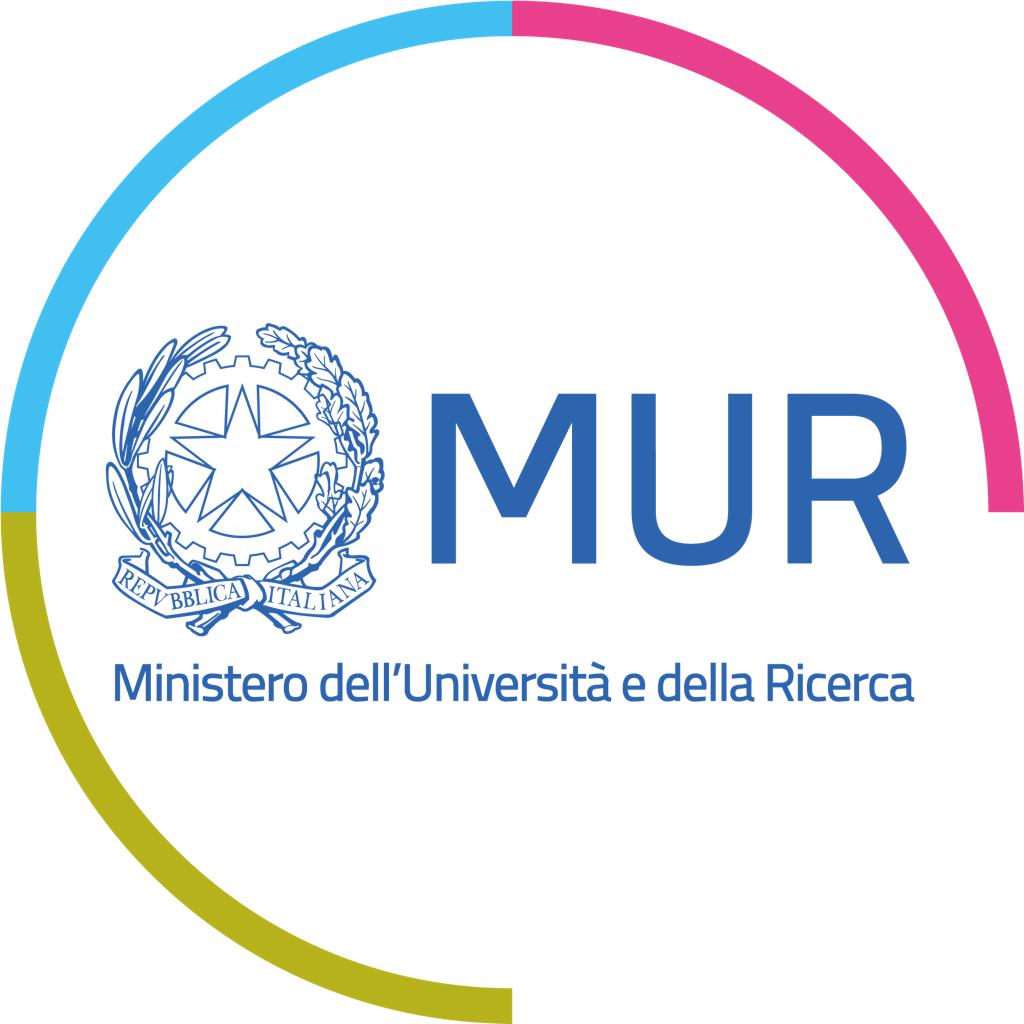Apr 15, 2025 | IES
Knowing digital soft skills, ethics and new technologies, and Generation Z to counter educational and digital poverty.
The IES Toolkit platform, a free and interactive space designed for the ’empowerment of educators trainers, social workers and students, is now online. Supporting them in designing and implementing innovative educational activities through free downloadable videos, The toolkit is divided into three macro areas: Ethics and New Technologies, Generation Z and Liquid Society, and Digital Soft Skills.
Educational and digital poverty are two interconnected phenomena that profoundly affect the well-being and development of individuals and communities. Through the IES project students and teachers can explore new ways of learning in order to promote inclusive and digital education adapted to the challenges of the 21st century. In particular, the proposal targets the marginal areas of Rome and Lazio with the aim of reducing the digital divide and improving access to education.
It is precisely in Rome and its province that in-presence workshops will be organized in technical and hotel schools during April and May to implement the second part of the project.
IES is a project promoted by CIMEA, which, in line with its institutional activities and within the collaboration with the Conference of Italian University Rectors (CRUI) and the Ministry of University and Research, launched a call for proposals to fund initiatives aimed at combating educational and digital poverty.
Check out the platform at www.ies-toolkit.it available now, and join the change-it’s free and available to everyone!
For more information: smontefusco@unescobiochair.org
Jan 10, 2025 | IES
As part of the Educational and Digital Poverty Program, the Department of Planning, Design, and Architectural Technology, La Sapienza University, on December 9, 2024, organized an event entitled “From Access to Empowerment Addressing Digital Education Poverty And Promoting Wellbeing.” Prof. Ludovica Malknecht, a member of the IES project, spoke on the panel “Understanding and Addressing Educational Poverty in the Digital Age.”
Promoting Digital Inclusion for People with Disabilities: Challenges and Perspectives
Digital inequality is a significant barrier for people with disabilities, hindering access to, effective use of, and development of the digital skills needed to participate fully in society.
The Digital Divide: A Multilevel Complexity.
Digital inequality is not just about lack of access to technology, but is intertwined with social, cultural and economic factors. This “third-level digital divide” affects fundamental aspects of life, such as:
– Social participation and integration.
– Educational and employment opportunities.
– Autonomy and personal identity construction.
For example, ISTAT data from 2021 showed how the pandemic has amplified the difficulties of access to distance education for students with disabilities, further exacerbating social inequality.
The Deep Causes of Digital Inequality.
Overcoming the digital divide requires a holistic approach. It is not enough to provide technological tools: the root causes must be addressed. On the one hand, it is important to consider material and symbolic resources. In addition to technology, cultural and social opportunities are needed to foster inclusion. On the other, consider cultural and biological factors. These can limit the effectiveness of digital tools, reducing their ability to meet people’s needs.
These elements affect self-perception and motivation to develop digital skills, a dynamic that, in some cases, can reinforce inequalities.
Adaptive Preferences and Invisible Barriers.
A key concept is that of “adaptive preferences,” according to which people in disadvantaged situations may develop a resigned view of their possibilities, accepting their limitations as inevitable. This phenomenon influences the rejection or limited use of digital tools, exacerbating the gap between needs and skills.
Toward Universal and Inclusive Design
Digital inclusion must come through systemic interventions that include not only universal design, but also education and public awareness and support: In other words, creating technological tools that are accessible to all, promoting the opportunities offered by digital tools and raising awareness of the risks associated with their exclusion, and finally, implementing policies that encourage social participation and the reduction of digital barriers is essential.
The Role of Motivation
Motivation to develop digital skills is closely linked to awareness of one’s rights and needs. It is crucial to provide concrete opportunities and support to transform digital skills into social resources.
Conclusions
To ensure an inclusive digital future, an integrated approach combining technology, education, public policy and cultural awareness is essential. Only then will it be possible to reduce the digital divide and promote active and equal participation for people with disabilities.






